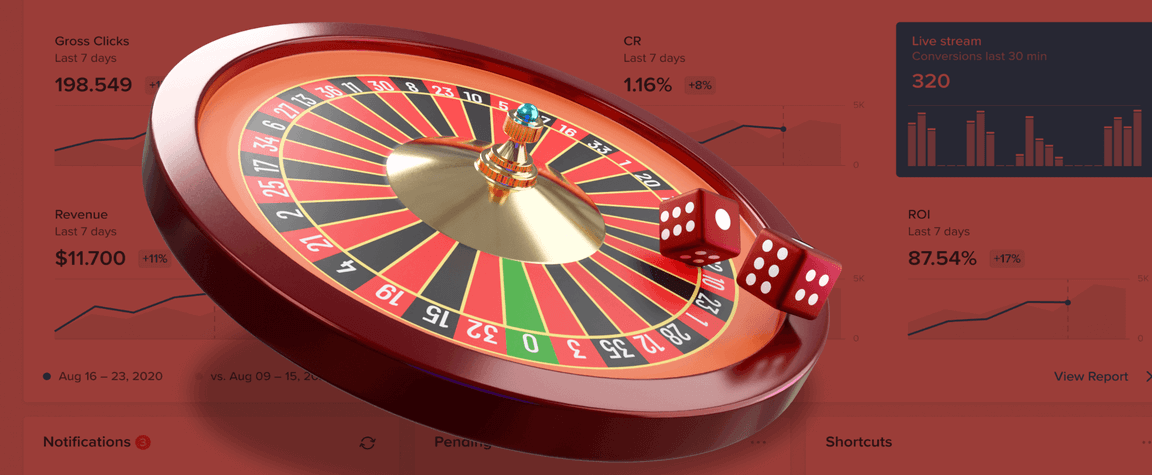Cupid's Hookup Guide
Unlock the secrets to modern dating with our insightful tips and advice.
Casino Retention Scoring: The Secret Sauce to Keeping Players Hooked
Unlock the secret to player loyalty! Discover how Casino Retention Scoring can keep your players hooked and boost your bottom line.
Understanding Casino Retention Scoring: How It Works and Why It Matters
Understanding Casino Retention Scoring is crucial for operators who aim to maintain a competitive edge in the ever-evolving gaming industry. This scoring system evaluates a player's likelihood to continue engaging with a casino, allowing businesses to tailor their marketing efforts effectively. By analyzing various factors such as the frequency of visits, average spending, and loyalty program participation, casinos can pinpoint which customers are at risk of churning and which are likely to stay. This data-driven approach empowers casinos to implement targeted retention strategies that foster customer loyalty and optimize revenue.
Why does Casino Retention Scoring matter? The answer lies in its ability to reduce costs and enhance profitability. When casinos invest in retaining current customers rather than solely acquiring new ones, they can enjoy a significantly higher return on investment (ROI). In fact, studies have shown that retaining existing customers can be up to five times cheaper than attracting new players. Therefore, understanding this scoring system not only helps casinos fine-tune their engagement tactics but also ensures they remain profitable in an industry marked by fierce competition.

Counter-Strike is a popular multiplayer first-person shooter game that focuses on team-based combat. Players can choose between two teams, Terrorists and Counter-Terrorists, and engage in various game modes. The game has a vibrant competitive scene and offers various promotions, including a rollbit promo code for players looking to enhance their gaming experience.
Top Strategies for Improving Player Retention Based on Scoring Insights
Improving player retention is crucial for any game developer looking to maintain a sustainable player base. One of the top strategies involves analyzing scoring insights to understand player behavior and motivation. By closely monitoring scoring patterns, developers can identify which elements of the game are keeping players engaged and which are causing frustration. For instance, players who achieve high scores quickly might appreciate a challenging end-game, while those who struggle with scoring might benefit from improved tutorials or adjusted difficulty levels. By creating a tailored experience that aligns with player expectations, developers can significantly enhance retention rates.
Another effective strategy is implementing reward systems that are directly tied to scoring metrics. Rewards can range from in-game currency, exclusive skins, or even unlocking new levels based on player scores. By offering incentives that are meaningful to players, developers can encourage them to strive for higher scores and continue playing. Additionally, regular updates based on player feedback and scoring data can foster a sense of community and loyalty. Ultimately, when players feel their efforts are recognized and rewarded, they are more likely to stay invested in the game over the long term.
What Is Casino Retention Scoring and How Can It Boost Your Gaming Business?
Casino retention scoring is a crucial metric that measures the likelihood of players returning to your gaming platform after their initial visit. By analyzing player behavior, such as the frequency of visits, time spent on the platform, and types of games played, casinos can identify loyal customers and those who may require additional engagement strategies. This scoring system helps in developing personalized marketing tactics and loyalty programs that resonate with specific player segments, ultimately leading to increased customer satisfaction and retention rates.
Implementing a casino retention scoring strategy can significantly boost your gaming business in several ways. Firstly, it allows you to tailor your promotions and offers based on individual player preferences—ensuring that marketing efforts are not just generic, but strategically aimed at keeping players engaged. Additionally, by understanding the factors contributing to player churn, operators can proactively address issues that may cause players to leave. This results in a stronger, more dedicated player base and improved lifetime value for each customer, ultimately enhancing profitability and growth.